Russia Banned from Competition
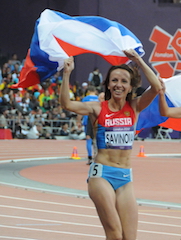
Russian athlete, Mariya Savinova, in the 2012 Olympic Games. Labeled for reuse through wikimedia commons. https://upload.wikimedia.org/wikipedia/commons/0/0e/Mariya_Savinova_-_Womens_800m_-_2012_Olympics.jpg
In an unprecedented course of action, Russia was provisionally suspended from track and field by the sport’s world governing body after doping allegations against the country’s athletes, coaches, trainers, doctors and officials were found to be true. The Council of the International Association of Athletics Federations (IAAF) has provisionally suspended the All-Russia Athletic Federation (ARAF) as an IAAF Member with immediate effect.
The ban will keep Russian athletes from all sanctioned international track and field events and could prevent Russian athletes from partaking in the 2016 Rio De Janeiro Olympics this summer. The final say in whether or not Russia will compete in Rio will be considered more fully if the country can provide proof they will be sending a one-hundred percent clean team down to the Olympics— which many find doubtful. The WADA recommended that five athletes, including the gold medal winner Mariya Savinova, and five officials be barred for life. This would be a step in Russia cleaning up their act to meet the standards to compete in the 2016 Olympics. The ban also stripped Russia of the right to hold the world championships next summer for the world junior track and field championships in Kazan and the 2016 World Race Walking Team Championships in Cheboksary. The IAAF will announce as soon as possible if a relocation or cancelation of these events will occur.
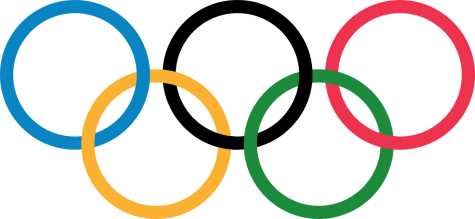
The swift and decisive ban of Russian athletes aims to hold the worlds anti-doping agencies to a higher standard and to eradicate doping from the sport. Safeguarding the authenticity and integrity of Athletics is a main goal of the federation; however, in these times, the federation works around the clock in order in to regain trust from competitors and spectators within the sport. Due to the swiftness in which this violation was dealt with, new findings in the Kenyan Athletic Federation point to an unclean system, where members of the committee were taking bribes to cover up positive test results, much like the findings in Russia.
As these new accusations come to light, the initial reactions of despair— because how can clean athletes expect to compete, equally, against those who use doping to further themselves— can now be of hope. It may take time before the sport is clean and everyone can compete on an equal playing field; however, the steps taken by the IAAF and WADA give hope to a sport in times of darkness and despair.

I am currently a Senior at Air Academy High School and Senior Sports Editor of the Jetsream Journal. I kinda like math and sometimes I run, a lot. I eat...





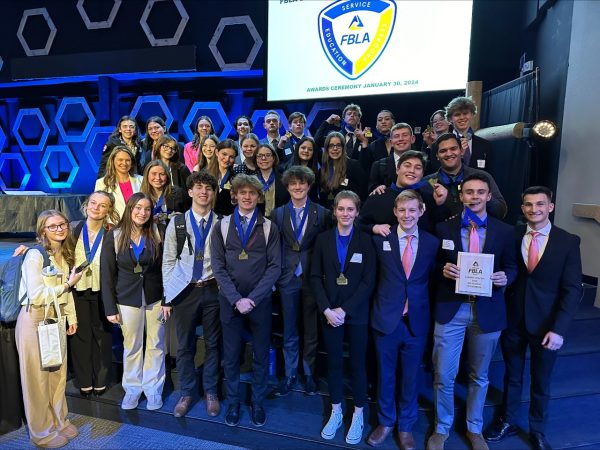


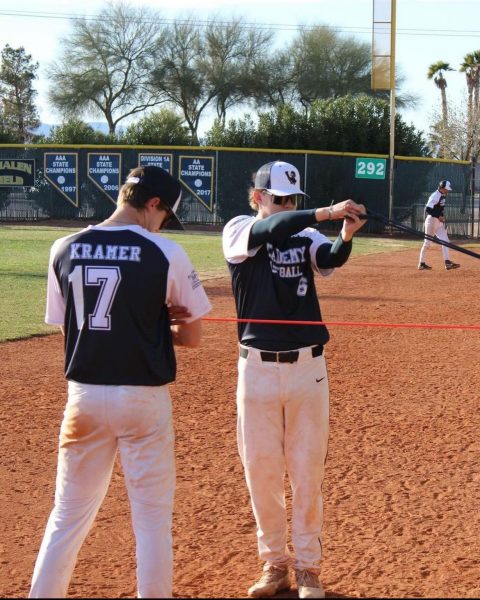



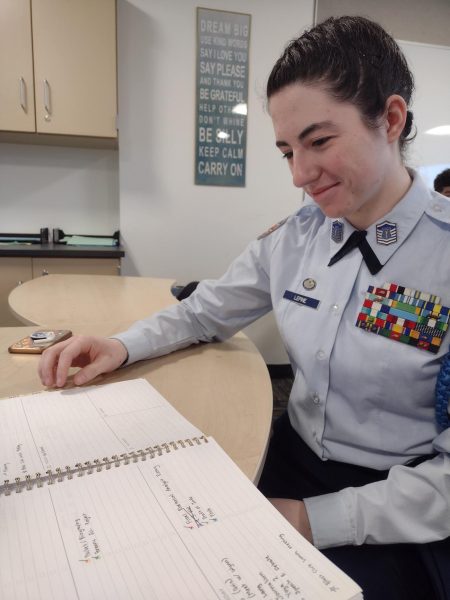

Lilliana Hamilton • Dec 2, 2015 at 10:11 am
Katie, this is a great article! I’m glad they are cracking down on doping, and that they are showing athletes that there will be consequences.